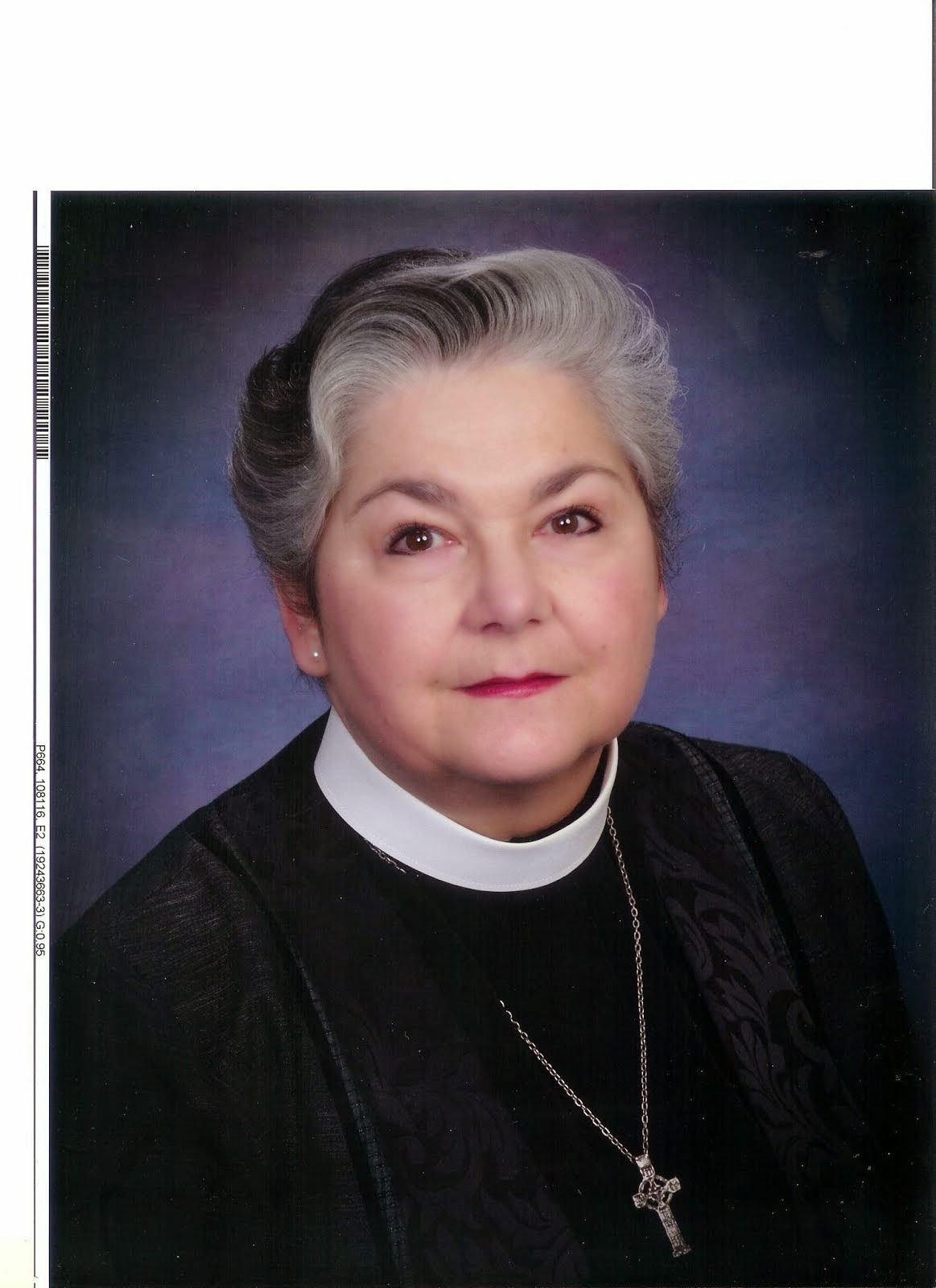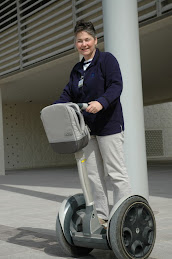Both last Sunday and this one, Jesus has been approached by people wanting something from him. Last week, it was James and John, asking for seats at his right and left hands when he came in glory. Today it is blind Bartimaeus, ignoring those who would have him stay quietly by the side of the road, asking to see.
Both times, Jesus asks them an odd question: “What do you want me to do for you?” Certainly in the case of Bartimaeus, it’s pretty obvious. The man is blind, sitting by the side of the road, begging, the only thing he could do in that world. In the case of James and John, it isn’t quite as obvious what they will ask for…but wouldn’t Jesus know? Isn’t he God, the all-knowing one? Why would Jesus need to ask the question? Don’t we pray every Sunday “to you all hearts are open, all desires known?” Jesus must have known what their hopes and aspirations were, whether it was honor and glory or restoration of sight.
So he must have wanted them to articulate their own hopes in some way.
Sometimes when we think about our hopes, we think of them as something like a Christmas list that we send to Santa Claus, a compilation of wants and desires. I hope I get that job, I hope that boy asks me to the dance, I hope I lose ten pounds before the high school reunion.
But as we talked about last week, hopes are a little more complex than that.
Hopes look to our history as well as our future. We construct our hopes based upon our joys and disappointments. My father died when I was seventeen and he was 57 – I hoped for a long time that I would live long enough to pass those markers, to see my children grow into adulthood, and to see my grandchildren. A number of years ago, I hoped for employment with a particular company because I thought they did interesting things, and I wanted to be associated with their glory in their industry. I hoped for a husband who would love me, whom I could trust completely, after having been disappointed in love. I hoped, too, for the ability to serve God’s church, and I look forward to my ordination to the priesthood, God willing, in a short while.
Hopes sometimes come true, and that’s a wonderful thing. Sometimes, though, they morph into something else, as we get further glimpses into God’s plan for us, or as we realize that our hopes are unrealistic or silly or no longer relevant.
And I wonder what happens when hopes change – do they change because God changes his mind, or because we mature into a different understanding of our purpose in life?
Perhaps we hope for success in making money; when we succeed, are we satisfied? Rarely.
Last week’s episode of the television program “House” told the story of a wildly successful businessman who decided that his son’s terrible illness was a sort of karmic balance and that the only way to tip the scales in his son’s direction, to save his life, was to bankrupt himself. I’m not big on karma – I follow a different understanding of our relationship to the universe, and I believe that sometimes bad things happen even to our sons and daughters and those whom we love, and that our God doesn’t demand sacrifice to earn his favor. That’s what his gift of his son Jesus was for.
I suspect that hopes change when things we care about are suddenly irrelevant. The ten pounds we wanted to lose before the reunion don’t matter as much after we’ve gone to it and discovered that many of our classmates are, like us, heading into middle age with a bit more of a midsection than when we were all 16.
I also suspect that hopes change when things we want become subsumed by other more important things. That ten pounds is not my primary concern when I’ve got colon cancer. I may lose the ten pounds and even regret it then.
No, I think that hopes are not desires for our future, or redressing the sadness of the past, but perhaps a little glimpse of God in our lives, of possibilities that we can see come to fruition with God’s help.
And that’s why Bartimaeus’s response to Jesus’ question “What do you want me to do for you?” is so very interesting. Because, as is usually the case in these stories, it’s not as simple as it appears.
Bartimaeus says “ Let me see again.”
“Let me see again.”
He could have said “please cure my blindness.” But he says, “let me see again.” A phrase that is meaningful to all of us who have been blinded by hoping for the wrong things, by thinking that Jesus is simply a jolly giver of gifts. He asks to see, and we know that seeing comes in all different varieties.
“Let me see again” what is truly important, what I should wish for, by getting a glimpse of how God sees me.
“Let me see again” how the things that I do can be a reflection of my relationship with Jesus rather than simple self-interest.
“Let me see again” that what I do here, in this place, matters even more than what I do in my workplace, because it shapes how I choose to live every moment of my life.
When James and John made their request in last week’s Gospel, Jesus told them that they needed to rethink their hopes, because they didn’t understand what they were asking for. He needed to give them a further glimpse into what his kingdom would mean, not just the glory part but the work of it as well.
And I think that this is an important message for us here in Saint Middle School in this time in our lives together.
We have hopes. Clearly, we hope for a new vicar who will be a part of our lives for a long time, who will bring gifts that will keep this place healthy even as more people are brought to the knowledge of Christ. We hope for the resources to build a building on our land, to have a place to worship that will make us all proud, that will feel like a place where God invites us and others into relationship.
But we might want to be prepared for the fact that God may have more glimpses of his plan to reveal to us over time, and the evolution of our hopes is a part of our lives together as Christians.
And just as important as the fact that our hopes evolve over time, it is important to remember that time is a key part of hope. We like to get what we want, let petulant children, when we want it, don’t we? But sometimes things play out in God’s time rather than ours. Sometimes it feels like we have no hope, that we’ve run out of time, until something happens that reminds us that not only do our hopes evolve, the timeframe for them may evolve as well, and that’s a good thing.
Bartimaeus asks for something very concrete but also open-ended “Let me see again.” In this case, Jesus heals him immediately…but what about those who pray “let me be healed” and face a long course of treatment before they know whether or not they are healed? What about those whose illness is psychological, for whom healing sometimes ebbs and flows? Is it any less of a healing because it isn’t immediate, or complete?
The nature of our hope is that it is fluid, fragile, evolving, out of our control. Who better to offer the gift of our hopes than the one who has the power to ask the question “What do you want me to do for you?” And who better to trust that his response will be the right one, even if it isn’t exactly what we thought we were wishing for?
Hope, like faith and love, abides, not as a craggy rock, but as a stream. We will be washed in that stream, and our eyes will be made clear in the fresh waters…and we will see again, as Jesus wants us to see, as we were created to see. And our faith, like Bartimaeus’, will be worthy of praise.
Amen.
Subscribe to:
Post Comments (Atom)







No comments:
Post a Comment